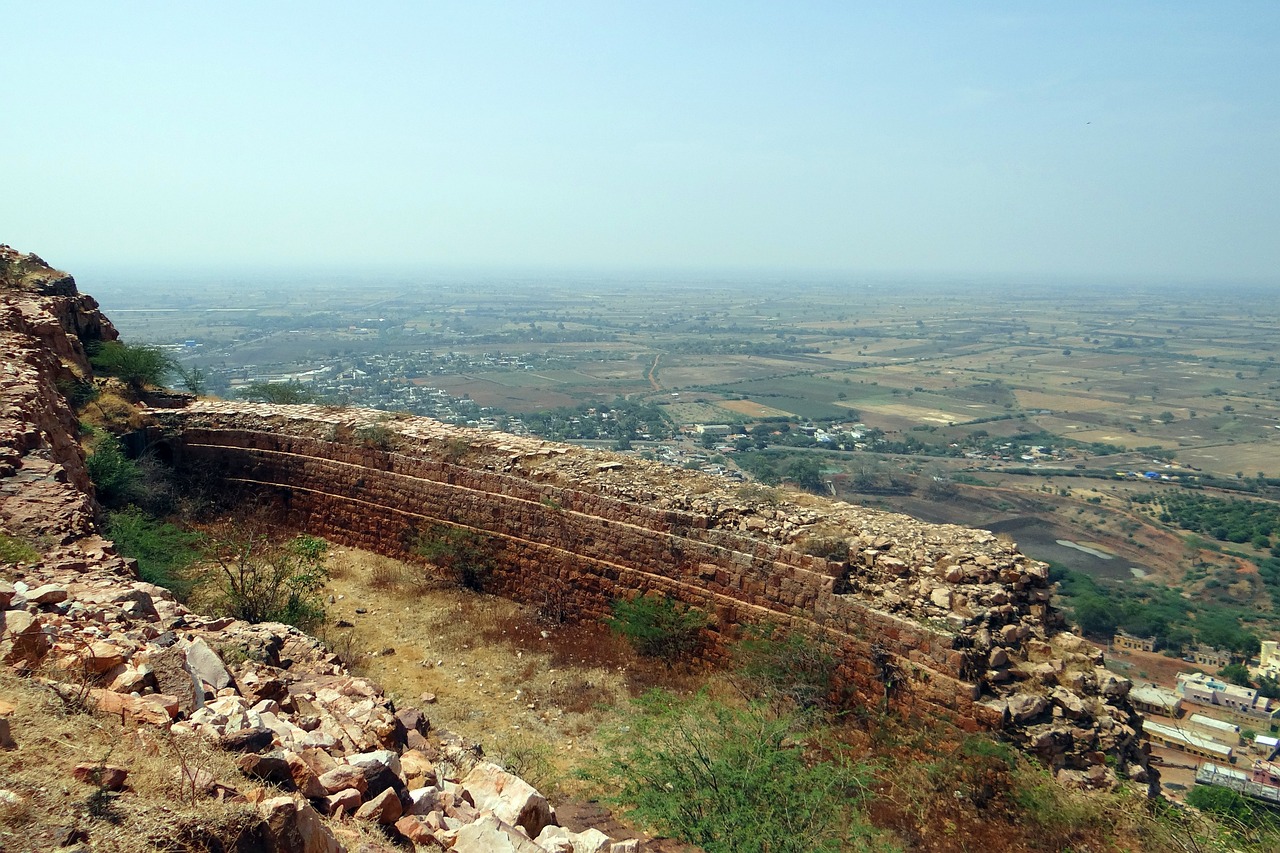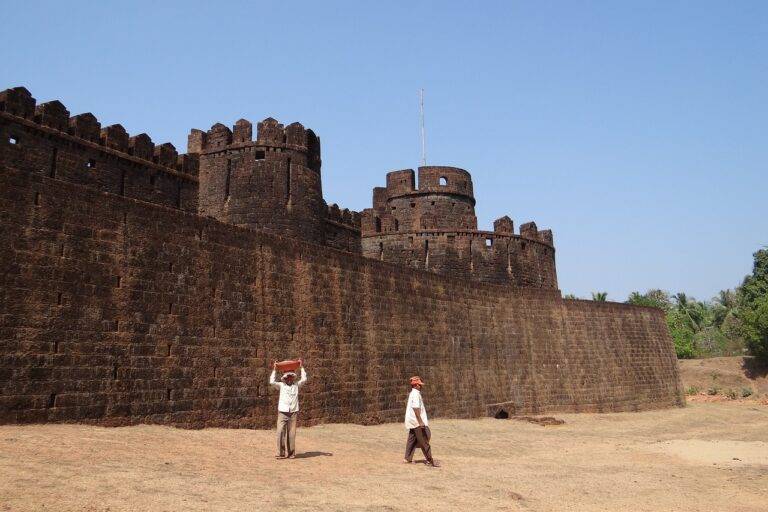The Effect of Military Voting on Election Results
Military voting in elections is a crucial aspect of the democratic process, ensuring that service members stationed away from their home states have the opportunity to participate in choosing their representatives. The Uniformed and Overseas Citizens Absentee Voting Act (UOCAVA) mandates that states allow military personnel ample time and opportunity to cast their ballots, recognizing the unique challenges faced by this group of voters.
Due to the nature of their service, military members often find themselves deployed or stationed in locations far from their home states during election seasons. As a result, absentee voting becomes a vital mechanism for enabling these individuals to exercise their right to vote. Various initiatives, such as electronic ballot delivery and expedited return options, have been implemented to facilitate military voting and ensure that service members’ voices are heard in the electoral process.
Historical Impact of Military Voting on Election Outcomes
Military voting has played a significant role throughout history in shaping election outcomes. The ability of military members to cast their votes while serving their country has been a crucial factor in determining the outcome of elections in numerous instances. Their unique perspective and experiences have often influenced the political landscape and had a direct impact on electoral results.
In many cases, the votes of military personnel have been pivotal in deciding closely contested races. Their participation in the electoral process has added a distinctive dimension to the voting demographic, with their preferences often reflecting a deep commitment to national security, defense policies, and veteran affairs. The historical impact of military voting on election outcomes highlights the importance of ensuring that service members have access to the voting process and can exercise their democratic rights effectively.
What is military voting?
Military voting refers to the process in which members of the armed forces cast their votes in elections, often from remote locations or while deployed overseas.
How has military voting historically impacted election outcomes?
Military voting has historically played a significant role in determining election outcomes, especially in close races. The votes of military personnel can sway the results in favor of a particular candidate or party.
Why is military voting important in elections?
Military voting is important in ensuring that the voices of service members are heard in the democratic process. It allows those who are serving their country to participate in shaping the leadership and policies of their government.
Are there any challenges or obstacles that military voters face in casting their ballots?
Yes, military voters often face challenges such as limited access to voting facilities, issues with receiving and returning absentee ballots, and difficulties with voter registration processes. Efforts have been made to address these challenges and improve the voting experience for military personnel.





